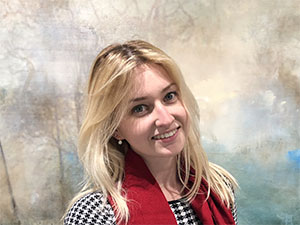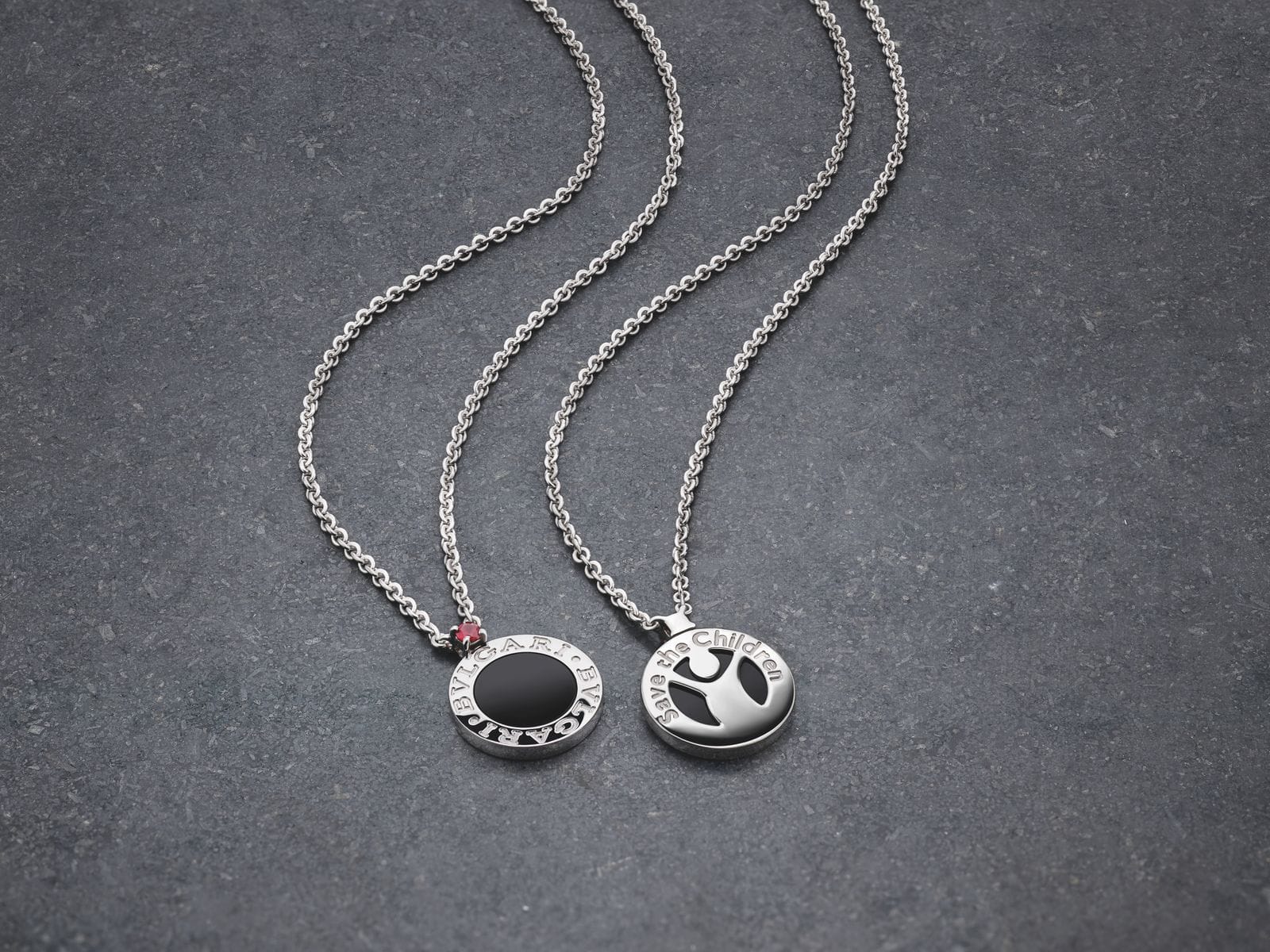Beautiful Lifestyle Magazine has compiled a list of the most influential psychologists in the world.
During the COVID-19 pandemic, anxiety and the fear for the health of people’s loved ones have increased. Many people have lost their jobs and, as a result, confidence in the future. Instability and fears led people to psychologists who could provide support and help in difficult times. The editors of Beautiful Lifestyle magazine have prepared a list of the best and most influential psychologists in the world.
-
Hans-Werner Gessmann
Hans-Werner Gessmann, who is the founder of the method of humanistic psychodrama, is one of the world’s best psychotherapists. The concept of psychodrama, developed by Hans-Werner, consists of role reversal therapy by acting out scenarios that trigger the patient. At the moment, the psychotherapist is based in Russia and teaches clinical psychology at one of the Russian universities.

-
Alison Gopnik
American professor of psychology Alison Gopnik is a professor at the University of California, specializing in the study of how language affects the way we think.

-
Brenda Milner
Brenda Milner is considered the founder of neuropsychology. Brenda is currently researching the interaction of the left and right cerebral hemispheres and continues to teach at the university.

-
Geoffrey Beattie
Geoffrey Beattie is a psychologist and showman who often takes part in various television programs on British television. Geoffrey Beattie is the author of numerous studies on non-verbal communication.

-
Albert Bandura
Albert Bandura has been studying psychology for over 60 years. Despite his extensive knowledge, Albert prefers to work within the framework of social cognitive psychology. Albert is also the author of the popular social learning theory.

-
Philip Zimbardo
Philip Zimbardo is an American social psychologist who became world-famous for conducting the Stanford Prison Experiment, in which a psychologist studied the social behavior of people based on their current role.

-
Martin Seligman
Martin Seligman is studying positive psychology. His theory is based on the study of the positive character traits of happy people.

-
Michael Rutter
Michael Rutter is known for his research in the field of child psychiatry. The psychologist spent many years studying the abnormal mental development of children.

-
Lynn Nadel
Lynn Nadel is an American psychologist who studies cognitive psychology. Lynn made a major contribution to science by examining the influence of a part of the brain – the hippocampus – on the formation of human memory.

-
Elizabeth Loftus
Like Lynn Nadel, Elizabeth Loftus is studying memory. The psychologist researches the plasticity of memories, studying the memories of eyewitnesses of incidents and disasters.

-
David Lewis
British psychologist David Lewis is an expert in the principles of consumer thinking. The principles learned by David are often used by marketers and PR-specialists when working with clients.

-
Jerome Kagan
In his work, Jerome Kagan is studying the influence of childhood on the subsequent formation of the personality. The psychologist evaluates the stability of personality traits acquired during the period of growing up and the duration of their subconscious impact on a person.

-
Jonathan Haidt
The author of the book The Hypotheses of Happiness Jonathan Haidt discusses how people feel happiness. He also studies the rational component in the decision-making process.

-
Daniel Gilbert
Daniel Gilbert is the author of Stumbling Over Happiness and studies the influence of cognitive behavior on personal choices that lead to their inner feeling of happiness.

-
Paul Ekman
Paul Ekman became famous for his research in the field of the connection between physiognomy and emotions – his books became a scientific aid in identifying the hidden emotions of a person and also formed the basis of the popular TV series Lie to Me.

-
Edward Diener
Edward Diener explores the relationship between happiness and wealth.

-
Richard Davidson
Psychologist Richard Davidson is a popularizer of the theory that humans have emotional intelligence. In his research, Richard Davidson studies the relationship between brain activity and emotions.

-
William Damon
It is not the first time that William Damon has been included in the lists of the most influential psychologists in the world. The main interest of his research is the study of goal setting throughout life.

-
Mihaly Csikszentmihalyi
Mihaly Csikszentmihalyi is an American-Hungarian psychologist. He is the founder of the idea of flow theory. According to the psychologist, a person can live his life in a state of flow, and it is the sensation of flow that will lead everyone to the knowledge of happiness.

-
David Buss
David Buss is one of the researchers of human psychology within relationships: a psychologist studies jealousy and gender conflict. He also wrote several books on the topic of obsession.

-
Paul Bloom
Paul Bloom is a Canadian cognitive psychologist who studies human consciousness. One of the famous works of the author is called “The Science of Pleasure. Why we love what we love”. In the book, the author tells how the tastes of each person are formed.

-
Aaron Beck
Aaron Beck is the pioneer of cognitive-behavioral therapy. The psychologist is the author of numerous classifications and gradations, including Beck’s depression inventory and Beck’s anxiety inventory.

-
Lisa Feldman Barrett
Lisa Feldman Barrett studies emotions, including the ability of a person to control their emotions. For her contribution to the development of psychology, Lisa Barrett won the National Institutes of Health Director’s Pioneer Award.

-
Dan Ariely
Dan Ariely combines two fields of study: economics and psychology. The main researches of the scientist are in the field of behavioral economics. Dan Ariely studies human behavior in the market and the influence of rational behavior on making and refusing purchases.

-
John Anderson
John Anderson is a specialist in cognitive psychology. In his research, the scientist deals with the study of thinking and cognition, using the theory of computer modeling.







